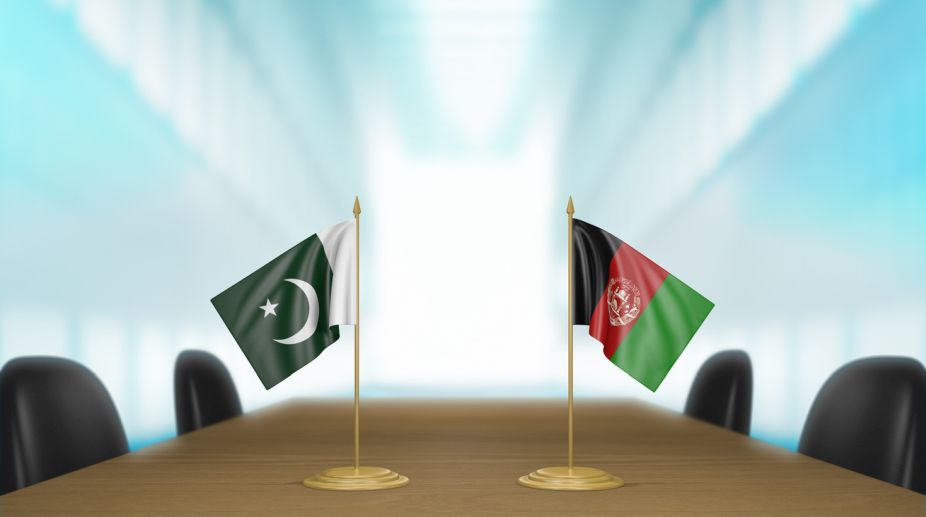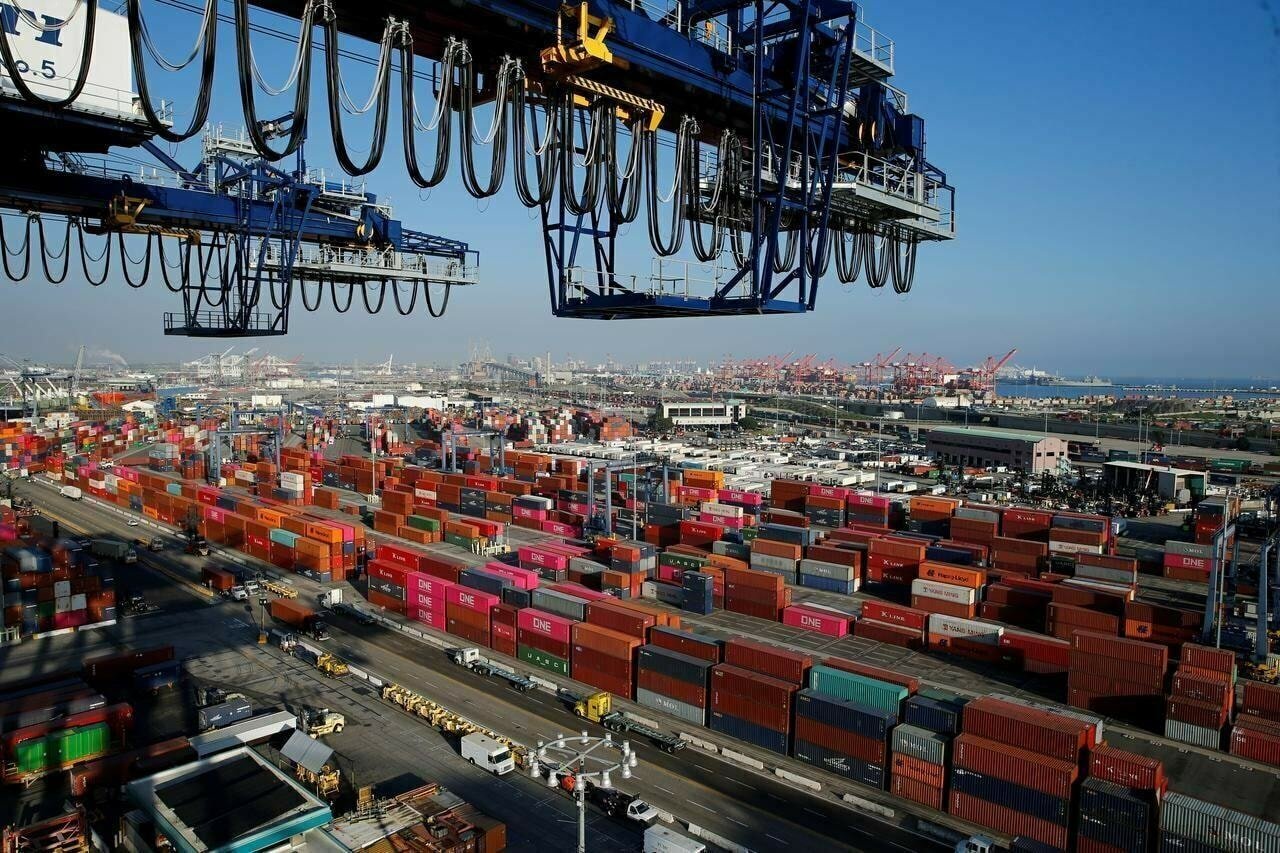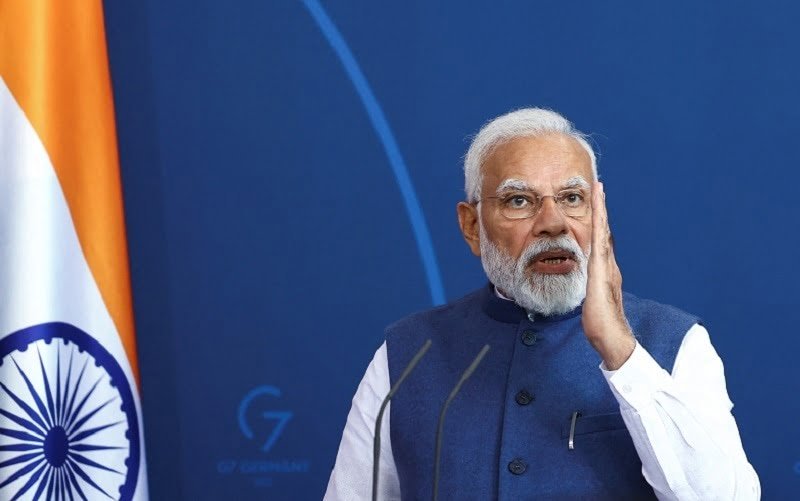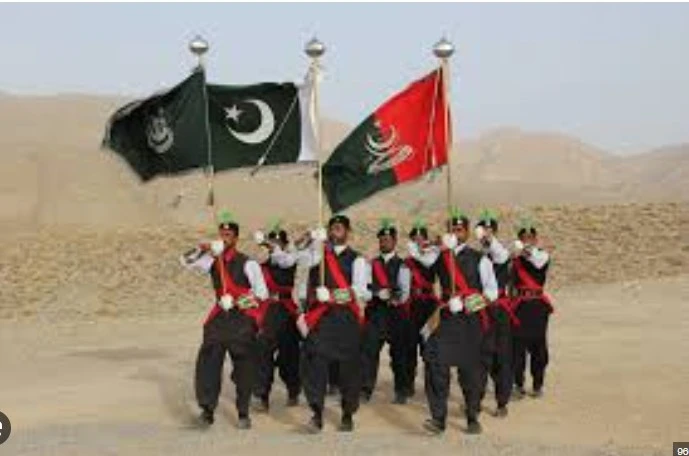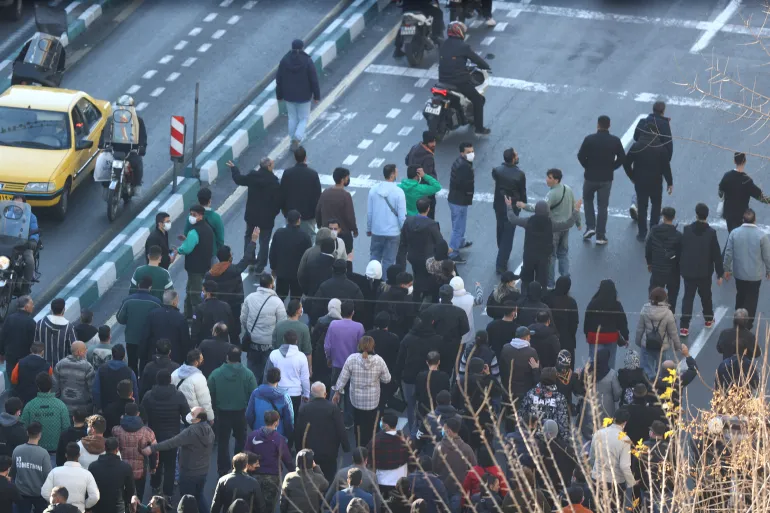Arshad Mahmood Awan
Pakistan and Afghanistan have once again committed to improving their diplomatic relations, hoping to unlock a partnership that can bring mutual benefits. The visit of Pakistan’s Special Representative for Afghanistan, Ambassador Muhammad Sadiq Khan, to Kabul signifies another attempt at repairing strained ties. His visit comes on the heels of a U.S. delegation’s departure and coincides with the reopening of the Torkham border, a vital crossing that had been closed for nearly a month. While regional experts view these developments as positive, a deeper look into the ongoing issues reveals that the core of the tension between the two countries is far from resolved. Persistent security challenges, particularly terrorism, continue to plague bilateral relations, overshadowing any diplomatic progress.
The central issue driving the tension between Pakistan and Afghanistan is the presence of militant groups, particularly the Tehreek-e-Taliban Pakistan (TTP), operating from Afghan soil. For years, Pakistan has voiced its concern over the Afghan Taliban’s failure to sever ties with the TTP, a group that has carried out numerous cross-border attacks, causing significant harm to Pakistan’s security and stability. Pakistan’s patience with the Afghan Taliban has grown increasingly thin, as evidenced by the December 2024 drone strike on TTP camps located within Afghanistan’s borders. This strike was a clear message from Pakistan that it can no longer tolerate the presence of terrorist groups using Afghanistan as a safe haven to launch attacks on Pakistani soil.
Furthermore, Pakistan has accused Afghanistan of harboring the Balochistan Liberation Army (BLA), a separatist group involved in violence against the Pakistani state. Security agencies have presented evidence linking BLA militants to handlers across the Pak-Afghan border, heightening suspicions of Afghanistan’s role in exacerbating instability in Pakistan’s Balochistan region. This issue came to a head recently with the hijacking of the Jaffar Express, followed by revelations from the military about the increasing infiltration of these militants from Afghan territory. These incidents continue to fuel the belief that Afghanistan is either unable or unwilling to stop these groups from using its soil to launch attacks on Pakistan.
Pakistan’s security forces have been actively engaged in countering these growing threats. Recent operations in areas like North Waziristan, where Pakistani forces killed 16 terrorists attempting to cross into Pakistan from Afghanistan, are part of an ongoing effort to curb the growing influence of cross-border militancy. Despite these efforts, Pakistan’s struggle to effectively control its borders and protect its citizens continues. The primary frustration remains Afghanistan’s failure to address the root cause of the problem — the unimpeded operation of terrorist groups within its territory.
Pl subscribe to the YouTube channel of republicpolicy.com for quality podcasts:
Pakistan has repeatedly called for improved border management mechanisms with Afghanistan, hoping for reciprocal cooperation to prevent militants from freely crossing the border. However, despite these calls, there has been little concrete action from Afghanistan in terms of securing its side of the border and preventing the TTP and BLA from operating unhindered. This failure to tackle the problem at its core has left Pakistan vulnerable to attacks that originate from Afghan territory, leading to increased security risks for the country.
While the security issues remain the most critical, there is also significant political discord within Pakistan regarding the handling of relations with Afghanistan. The provincial government of Khyber Pakhtunkhwa (KP), led by the opposition Pakistan Tehreek-e-Insaf (PTI) party, has criticized the federal government, particularly the Pakistan Muslim League-Nawaz (PML-N), for failing to engage effectively with Kabul. The PTI claims that the federal government’s reluctance to allow provincial authorities to take a more active role in diplomacy with Afghanistan has hampered efforts to resolve critical issues. This political infighting has created a fragmented approach to handling the Afghanistan issue, leaving Pakistan’s leadership divided and unable to present a united front on the diplomatic stage.
Such internal discord only plays into the hands of terrorist elements, who are quick to exploit any political instability in Pakistan. Instead of a unified approach to dealing with Afghanistan, political point-scoring between parties undermines the country’s ability to effectively address security threats. This division within the Pakistani political landscape has contributed to a lack of cohesive strategy in engaging Afghanistan, allowing terrorist groups to capitalize on the situation.
Rather than indulging in political bickering, Pakistan’s leadership must recognize the urgency of adopting a united stance when it comes to relations with Afghanistan. The internal division on this issue not only weakens Pakistan’s diplomatic position but also creates a fragmented policy response to the serious security concerns that threaten the country. Given the complex nature of the relationship with Afghanistan, a coordinated effort from all political parties is crucial to effectively address the issues of terrorism, border management, and the protection of Pakistan’s national security.
For Pakistan to ensure that it can protect its sovereignty and stability, the country’s leadership must prioritize national security over political expediency. By presenting a united front, Pakistan can push for stronger diplomatic engagement with Afghanistan, focusing on concrete actions that both countries can take to mitigate the risks of cross-border terrorism. Whether through bilateral discussions, international pressure, or more robust border management practices, a unified approach will be far more effective in achieving tangible results than the current disjointed efforts.
Despite these ongoing challenges, there is still hope that Pakistan and Afghanistan can overcome their differences and build a more stable and mutually beneficial relationship. Both countries share an interest in regional stability, and addressing the threats posed by terrorist organizations is something that benefits both sides. However, this will require not only the Afghan government to act decisively against militant groups but also for Pakistan to engage in diplomacy with a clear, unified message.
The reopening of the Torkham border and Ambassador Muhammad Sadiq Khan’s visit to Kabul are positive steps, but the road to genuine cooperation and peace is long and fraught with obstacles. The core issues — primarily terrorism and cross-border militancy — will need to be tackled head-on. Pakistan must continue to press Afghanistan to act against the TTP, BLA, and other terrorist elements while ensuring that its own political discord does not undermine its efforts. Additionally, both countries need to prioritize the establishment of effective border management systems that can help curb the movement of militants and ensure greater security for both nations.
In conclusion, while diplomatic engagements such as the visit by Ambassador Sadiq are welcome, they cannot be a panacea for the deep-seated issues that persist between Pakistan and Afghanistan. A strategic, united, and sustained effort is required from Pakistan’s leadership to address the security challenges and restore a stable, cooperative relationship with Afghanistan. Only through a comprehensive and unified approach can both countries hope to achieve long-term peace and prosperity for their peoples.



